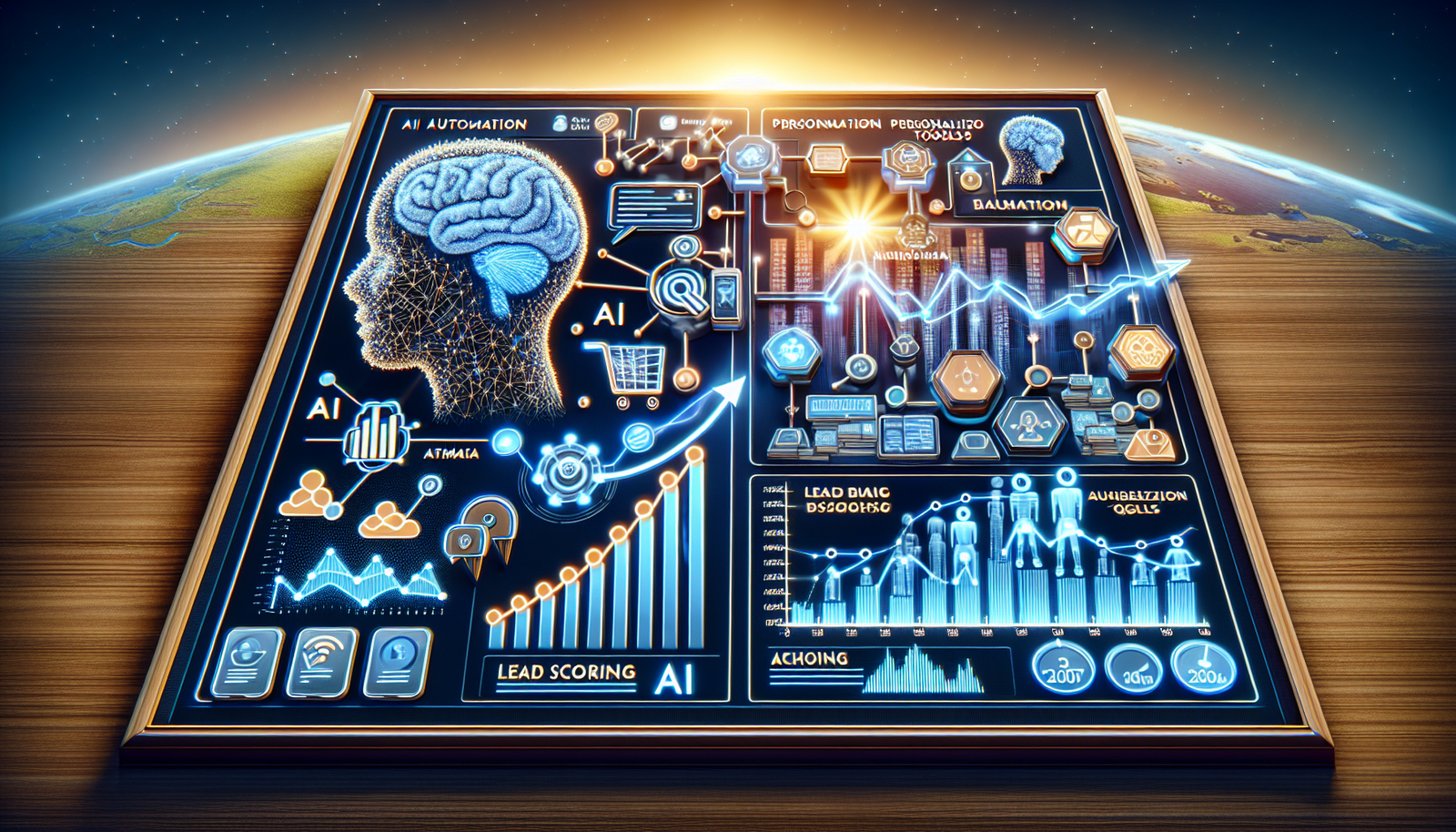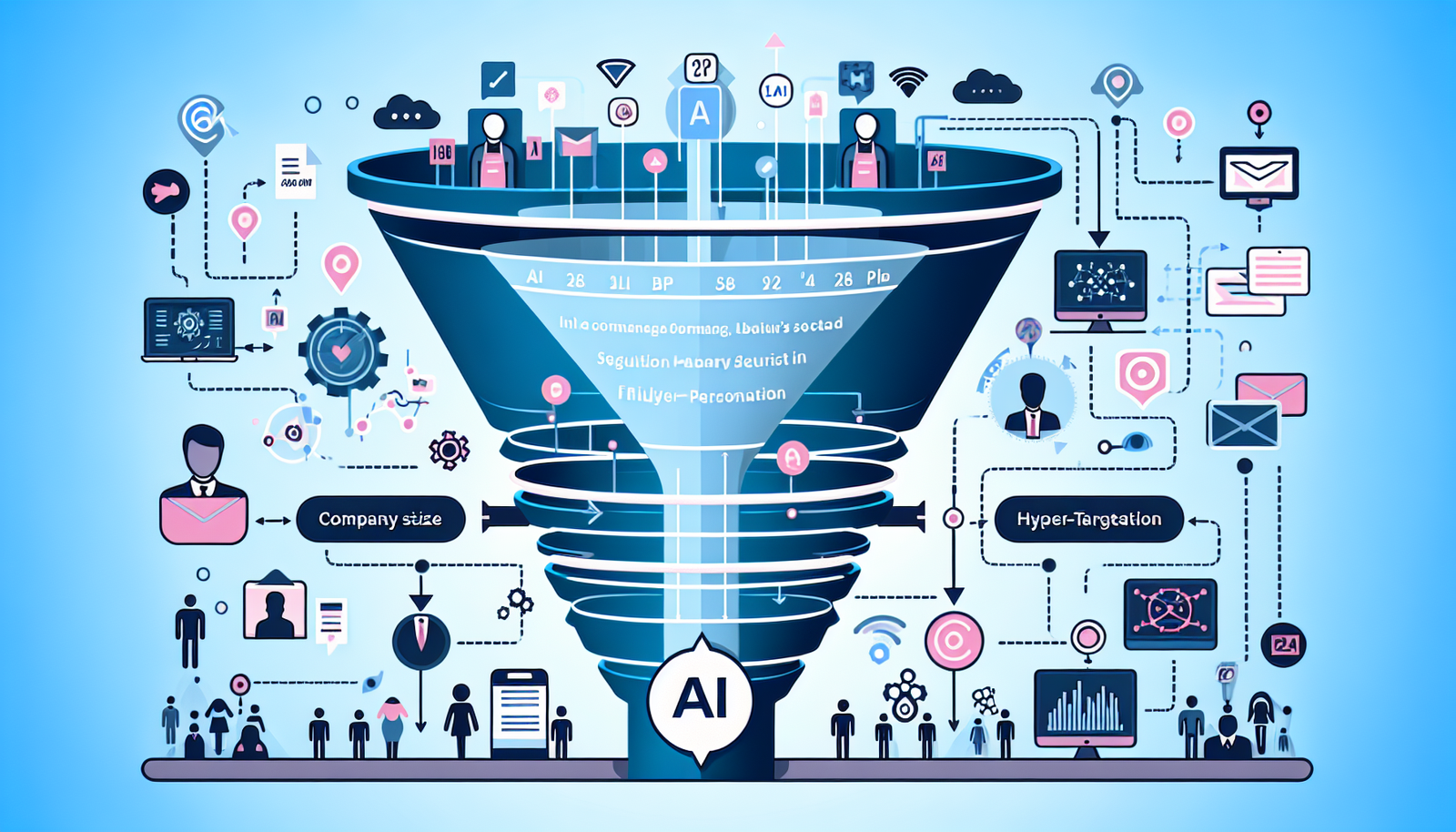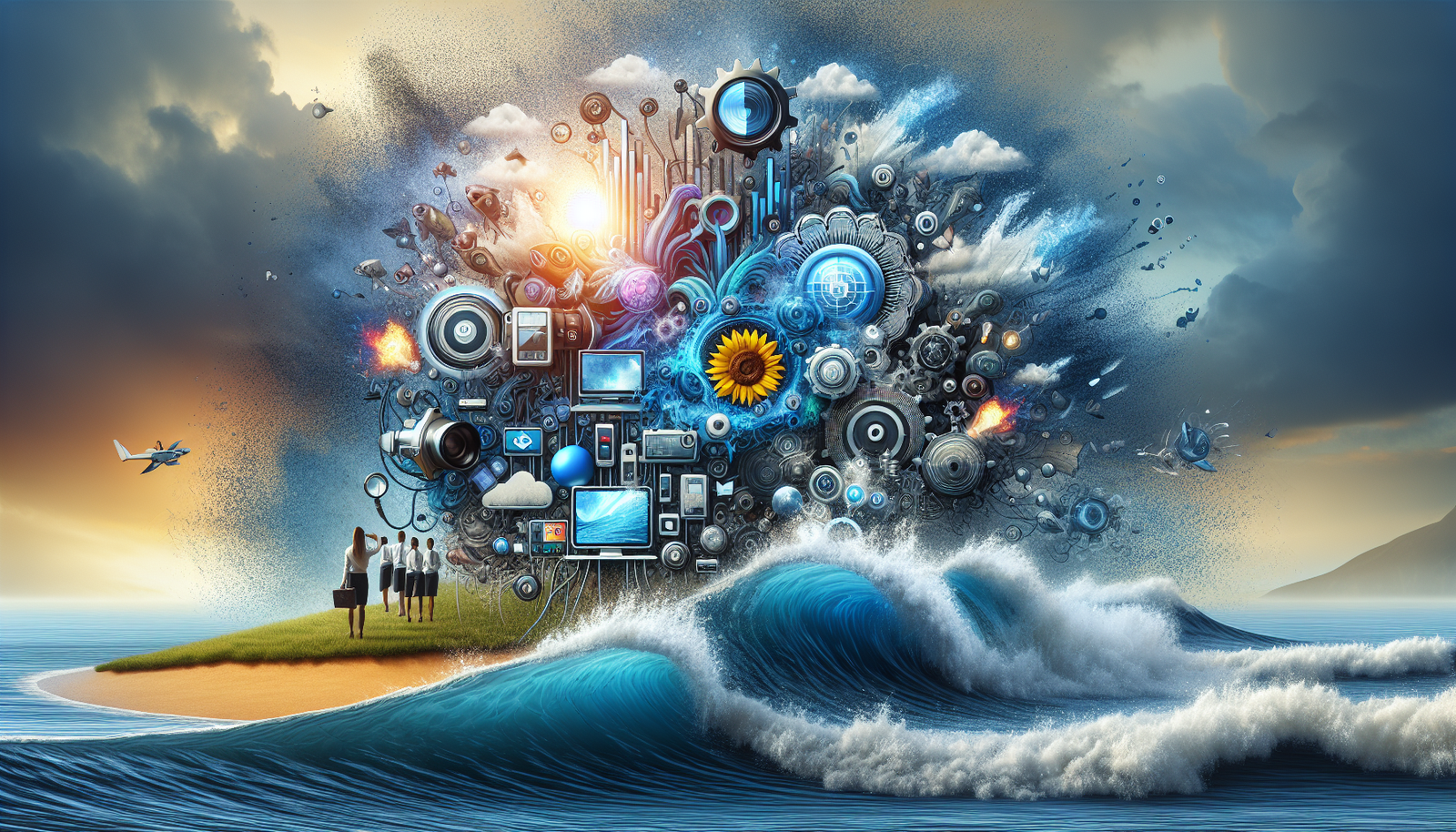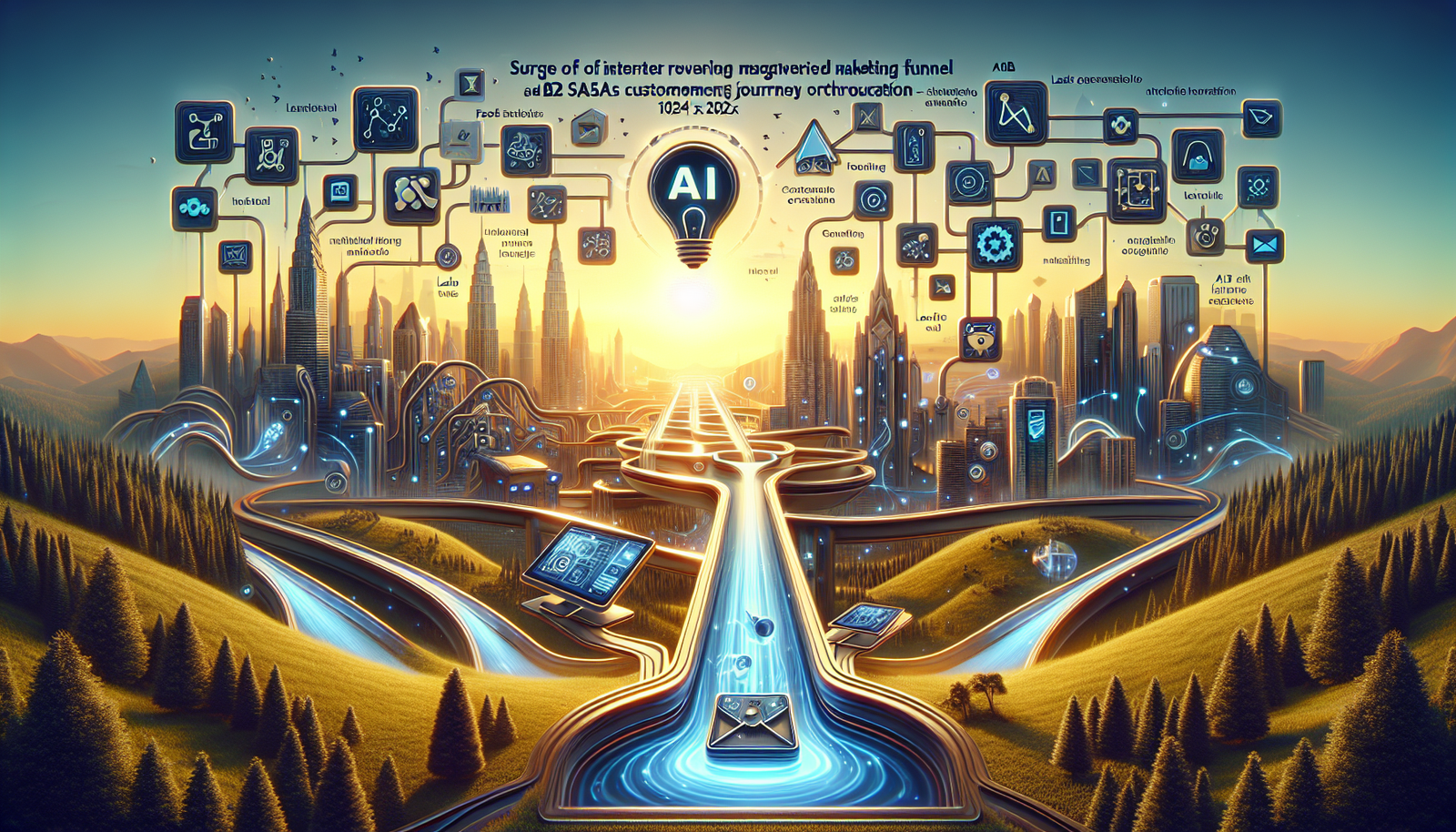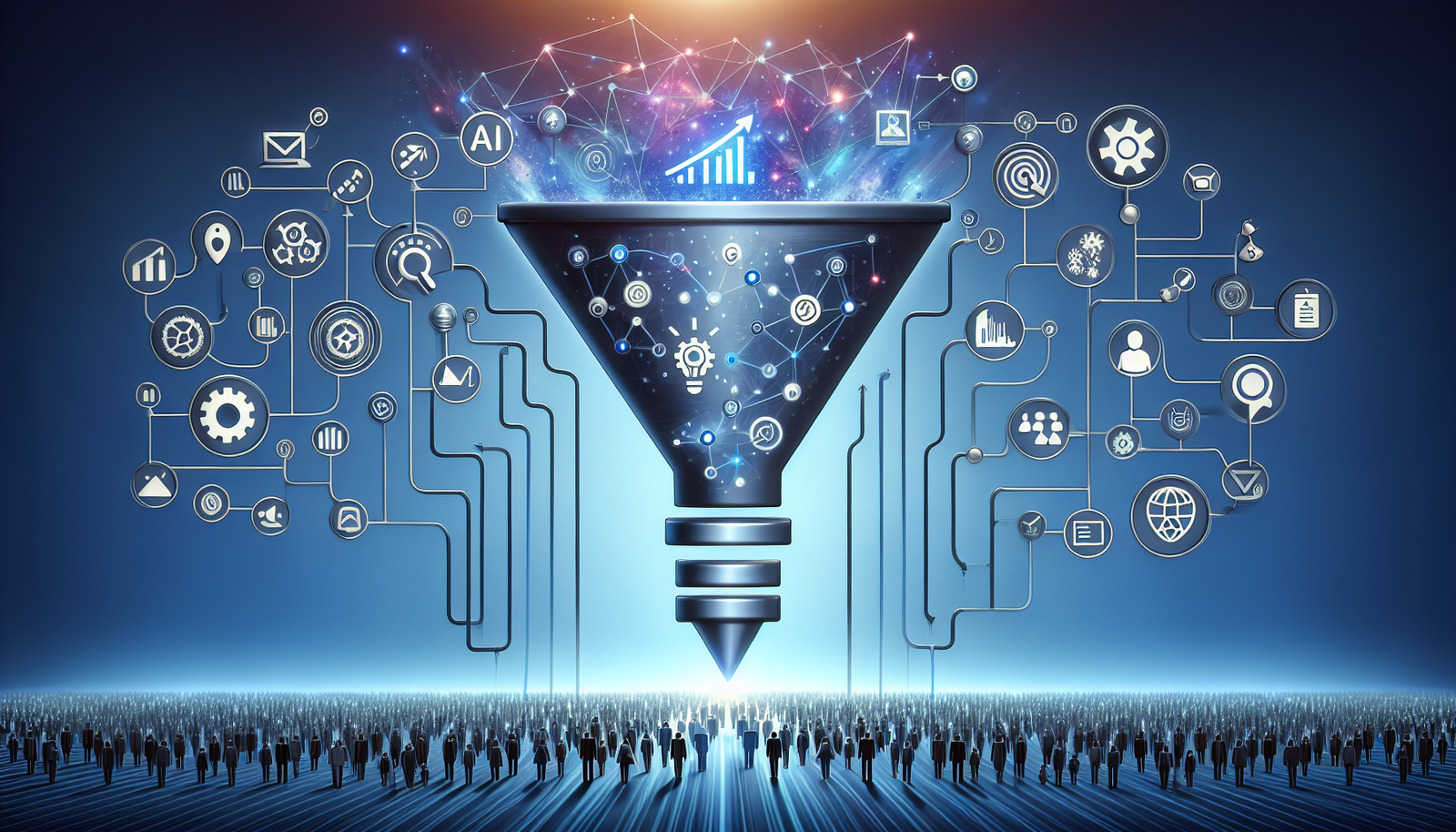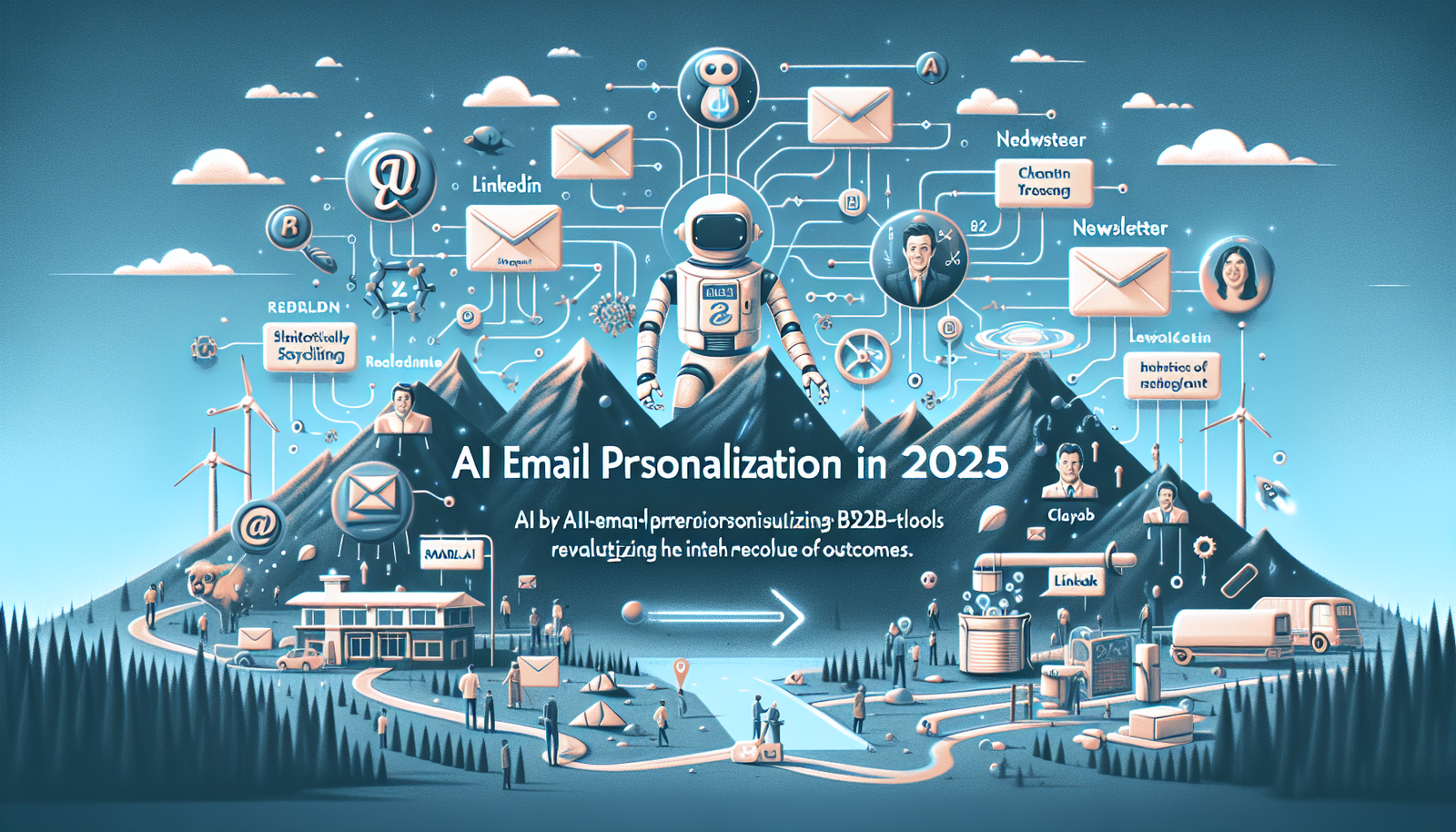What is AI Marketing Funnel Optimization?
AI marketing funnel optimization refers to the use of artificial intelligence technologies to automate, personalize, and enhance each stage of the customer journey—from initial awareness to conversion and retention. This approach leverages machine learning, data analytics, and automation tools to streamline how leads move through the traditional marketing funnel.
Defining the AI marketing funnel
The AI marketing funnel departs from the static, linear customer journey by leveraging data-driven decision-making. AI technologies interpret user behavior in real time to trigger automated responses, refine targeting, and guide prospects down the funnel efficiently.
How AI enhances the traditional funnel
Unlike traditional funnels that rely on manual segmentation, AI-enabled funnels adapt dynamically, learning from each customer interaction. AI tailors messaging, prioritizes qualified leads, and reduces drop-offs by identifying patterns quickly and at scale.
Key Technologies Driving AI Funnel Optimization
Machine learning and behavioral analytics
Machine learning algorithms analyze user behavior across channels to predict intent. This data allows for hyper-targeted messages sent at precisely the right time—pushing leads toward the next stage.
Chatbots and conversational AI for conversion
AI-powered chatbots provide real-time responses to prospects, collect lead information, and answer FAQs—allowing marketing teams to scale engagement without sacrificing quality.
AI-powered content personalization and recommendation
Tools that use natural language processing and predictive analytics tailor content recommendations to each visitor’s interests and interactions, significantly boosting engagement rates.
Stages of the Funnel and AI’s Role
Awareness: Predictive targeting and content distribution
AI tools identify high-intent prospects using search behavior, demographics, and even sentiment analysis. Predictive models then push personalized content through chosen channels.
Consideration: Dynamic lead scoring and segmentation
As leads engage, AI refines their segment using metrics like time on page, click-through-rates, or social media interaction. This dynamic lead scoring ensures sales focuses on the most promising leads.
Decision: Automated lead nurturing workflows
AI automates email sequences, recommends next-best actions, and even adjusts messaging tone depending on user responsiveness. This accelerates deal closure while reducing manual effort.
Benefits of AI in Marketing Funnels
Increased conversion and ROI
Companies using AI to optimize their funnels report conversion uplifts of up to 20% and improved ROI from better resource allocation and precision targeting.
Improved customer experience
Hyper-personalized content delivery and 24/7 chatbot interaction foster trust and build seamless digital experiences that drive loyalty.
Real-time responsiveness and automation
AI enables marketers to respond instantly to behavior shifts, making campaigns more adaptive and timely.
Challenges and Best Practices
Data privacy and ethical considerations
Marketers must ensure compliance with data regulations like GDPR and remain transparent about how data is collected and used.
Aligning AI with human oversight
AI should support—not replace—human decision-making. Continuous evaluation and human auditing are essential to maintain campaign integrity.
Choosing the right AI tools for your stack
Focus on interoperability, scalability, and vendor trustworthiness when selecting AI solutions to avoid future integration issues.
FAQs about AI Funnel Optimization
What types of businesses benefit most from AI marketing funnels?
AI funnel optimization is ideal for B2B SaaS, e-commerce, education, and digital-first businesses that collect vast customer data and need to personalize at scale.
Can AI replace human marketers?
Not entirely. AI augments marketers’ capabilities by handling repetitive tasks and surfacing insights, while strategy and creativity remain human-led.
How long does it take to see ROI from AI funnel optimization?
Implementation timelines vary, but many businesses report measurable uplifts in engagement and conversions within 3–6 months.
Focus Keyword: AI marketing funnel

